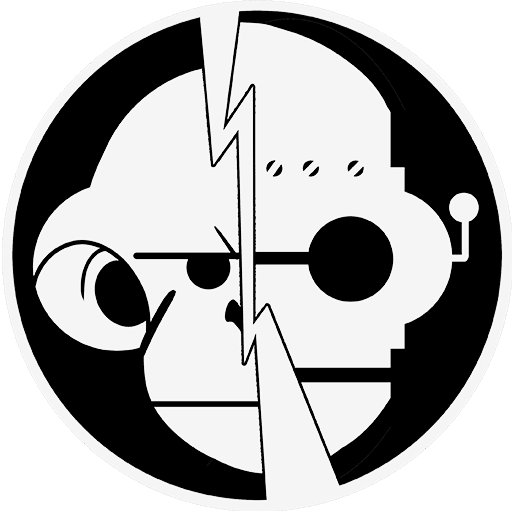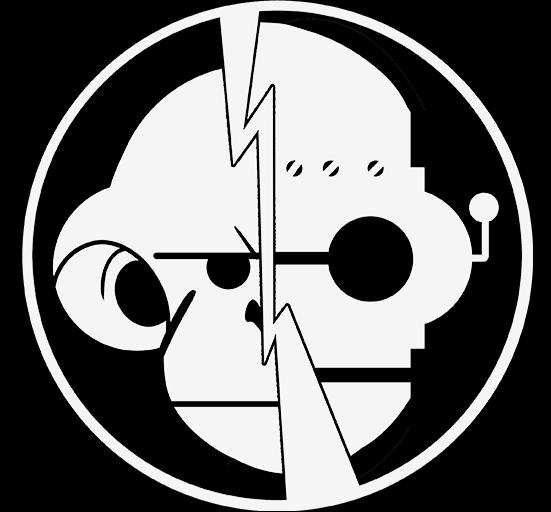Red, White, And Wasted is a new documentary from directors Sam B. Jones (Sundown) and Andrei Bowden Schwartz (Pose) about ‘mudding,’ one of many peculiar subcultures in the United States.
You might be asking, what in the hell is mudding? Well, the name says it all. The subculture, which spans across the country, is all about driving through, frolicking, and otherwise rejoicing being in the mud. Participants love making a mess and having a good time. For Sam and Andrei, their deep dive took them to places they did not expect.
PopAxiom chatted with Sam about his road to making movies, remakes, and how Red, White, And Wasted came together.

A Lot Of Hats
“I have known for a long time that I wanted to make films,” Sam says. “It maybe took a little while to admit it. I was like many kids; I had a mini-DV cam and made movies with my friends in middle school and high school.”
The director-to-be found a lot of interests beyond film. “As I got older, I was interested in a lot of different things; journalism, photography, creative writing, theatre.”
All those interests were a broad stroke of possibilities and paths to walk. “I had this notion that to move forward in the world; I couldn’t do all these things, I had to pick.”
“Filmmaking was a way to wear a lot of hats,” he continues, “and specialize without specializing.”
Sam started working on sets as far back as high school “and working freelance in film since I was 17 years old.” Sam went on to major in film studies in college.
Hands-On
Becoming a professional creative is a unique path for everyone. “There’s no one path to directing,” Sam asserts. Some people leave film school and catch a break; others take a different route. I worked as a PA and crewed for a long time in grip, electric, and the camera department.”
However, Sam thinks his experiences give him a “hands-on relationship with film.”
“I worked my way into being a DP and camera operator,” he says, ”that was crucial because Andrei and I e-directed, co-DPed, and we both had so much technical experience.”
“We were able to work in such a small, flexible way.”
If he had to pick one, would he stick with directing or cinematography? “I enjoy working in both roles and wearing both hats, but if I had to pick, I’m more interested in being a director.”
“I’ve done a lot of different roles,” Sam says, and his IMDB page provides plenty of evidence to back that up. “With Andre, I’ve shot things for him; he’s shot things for me. We’ve done a collaborative, two-headed dragon sort of thing.”
Directing might be his pick, but there’s no plan on sticking to any one role. “Maybe at one point, I’ll stop touching the camera and step back, but at this point, it’s an asset to be able to do both.”

About Red, White, And Wasted
How did Sam and Andrei come up with the idea of doing a documentary on frolicking in mud? “The seed of the idea we stumbled upon online. Andrei and I had been kind of abstractly interested in American subcultures. We’d been kicking around different ideas of places we could explore in our country that was somewhat unknown.”
“One of us,” Sam says, adding that he doesn’t remember who, “found some footage of people mudding online. We were taken by the image of these people, mostly guys in these big trucks wallowing in mud for fun. We thought it was a fascinating image.”
Research began. “We couldn’t find anything that journalists had written about it or videos or much of anything on the topic.”
Soon into diving into the world of mudding online, “it was obvious that we need to go learn about this. So, we grabbed a camera, and we went to one of these big mudding events in Florida.”
Did they have options for final destinations? “We could’ve done the documentary in any of the states. It’s everywhere.”
Why Florida? “We felt that Florida was a particularly interesting, loaded, place to do the film.”
Sam and Andrei arrived in Florida. “We got there, and our jaws dropped, and our eyes got really big. We felt like we’d stumbled into something fascinating to us.”
The deeper they went into the mud, the more interesting it all became. “The more we dug into it, we found a broader thematic relevance, and it wasn’t some niche thing. The imagery, the politics, and the culture was relevant to a lot of bigger things that we saw happening in America.”
Making Red, White, And Wasted
“We were a combination of lucky and smart,” Sam says about entering the mudding world. “We started the process by just going to these big mud events that are these weekend-long parties. People are generally in a pretty good mood, and everyone is taking pictures for their Snapchat or whatever. People are there to be seen. So, approaching people and getting to know them in that space was relatively easy. Obviously, there were a few people who told us to fuck off. But, for the most part, I was surprised, people were receptive and open to being filmed.”
How receptive were members of the community as Sam and Andrei dug deeper? “To be perfectly honest, Andre and I are both straight, white men, and I think that helped us gain access.”
However, the pair were still “outsiders, and we said as much. ‘Hey, we’re from New York, we don’t know about mudding, and we want to learn and understand who you are.’ People saw us as ‘one of them,’ and it helped open doors.
Red, White, And Wasted isn’t just a documentary taking place at large, organized mudding events. The film follows individuals and the mudding life outside of the events. “Getting some of the access outside of these big mud events and into people’s lives and getting that intimacy was a little more work.”
The more intimate parts of Red, White, And Wasted taking place outside of organized events are often illegal. Were there run-ins with cops? “Yes. We got kicked out of a number of places. One of those encounters made it to the final edit of the film.”
“Most of mudding is just people either on their property or trespassing on land to find good mud,” Sam explains. “I think trespassing and avoiding the cops is part of the fun. Most of mudding is a communal thing; it’s their social life.”
Mudding is also facing an expanding concrete and steel world. “As more of the land in Florida gets developed and more heavily policed, they have fewer places to go mudding, so the options become these big events where you have to buy tickets.”
“There’s a feeling of disconnect for these people,” Sam says about those seeking a more personal connection, “and it’s changing to a point where it doesn’t serve the same function for them.”

Wrapping Up
Like most filmmakers of the past 30 years or so, Sam grew up on a diet of Spielberg, Tarantino, and other legends of narrative film. But asking about influences is “a tricky question. I went to film school, and I love watching movies. Andre and I both mostly work in more narrative work, also some video and commercial work, so we’re relatively new to documentaries. So, trying to structure our film more like a narrative feature was an influence.”
“In terms of specific influences,” he continues, “there are a number of character-driven documentaries like The Queen of Versailles was an amazing film. Some of the early Errol Morris movies. As a young film student, Werner Herzog.”
Red, White, and Wasted is available on VOD near you. So, what’s next for Sam? “I’m working on a narrative feature script. Andre and I are developing another subculture documentary. Andre is a DP on the current season of Pose. We’re working on things, so there will be more.”
Is Red, White, And Wasted on your watch list?
Thanks to Sam B. Jones and October Coast
for making this interview possible.
Want to read more interviews? CLICK HERE.

